
Six episodes were provided prior to broadcast.
It doesn’t take long for HBO’s half-hour comedy Vice Principals to display its true colors. Within the first five minutes of the series, from star Danny McBride and exec-producer Jody Hill (the team behind Eastbound and Down), oafish and authoritarian high school v.p. Neal Gamby (McBride) is cussing out students, getting into slapping matches with fellow vice-principal – and long-time rival in the ever-brewing competition for a promotion to the big chair – Lee Russell (Walton Goggins), and leering at a female co-worker after shutting down her attempt to defend the bullied student he’d happily send back out into the halls without any semblance of safety.
As the show goes on, the more nuanced aspects of Gamby’s character come out. He’s divorced, deeply unhappy, and desperate to assert some measure of authority to maintain a sliver of self-respect in a dead-end life that’s largely robbed him of it. But as the series goes on, the guy doesn’t get more endearing – if anything, the little glimmers of charm to be found in his clear commitment to his job grow infinitely dimmer as he proves himself capable of increasingly gross and puerile behavior, bellowing at students and moodily resenting his ex-wife (Busy Phillips) and her new boyfriend (Shea Whigham), who just so happens to be the only person who’s genuinely nice to Gamby.
Yep – Vice Principals is about an angry white guy on a power trip. Actually, scratch that. It’s about two angry white guys on power trips. The other is Russell, a buttoned-down, impeccably well-dressed, Southern-gentleman type whose impossibly big grin hides a nasty bite and acidic tongue. He’s the snake in the grass to Gamby’s rampaging gorilla, and the two of them make an utterly toxic pair. As the show opens, there’s a mildly enjoyable sequence that finds their beloved principal (Bill Murray, popping up for a surely fleeting cameo) attempting to impart a lesson of respect for the school and its students, even as Russell and Gamby sneer and jeer at one another behind his back.
At first, it looks like Vice Principals will focus on the power struggle between these two loathsome figures, both fiendishly hungry for power and wholly ill-suited to wield any. But then a spoiler in their gruff, uncouth wrestling match appears, with the arrival of the actual pick for school principal: Dr. Belinda Brown (Kimberly Hérbert Gregory). A strong and effective leader, she’s clearly a better and much more qualified choice to lead the school than either Russell or Gamby – which, as one might expect, leads them to resent her all the more. And so the once-bitter rivals almost reflexively form a partnership, vowing to take her down by any means necessary.

And that’s where the biggest conceptual foibles in the series, a decidedly low-minded venture about low-minded people, become apparent. By centering on Russell and Gamby, two thoroughly unpleasant individuals with no shortage of disdain – sometimes even hatred when they can muster the energy – for those around them (especially, as it’s repeatedly made clear if never said out loud, those who differ from them in irreconcilable ways – like, for example, race or ethnicity), Vice Principals gives undue weight and importance to the corrosively spiteful ways in which their minds work.
Simply put, these two guys demand a better lot in life, not because they feel they’ve done anything to deserve it, but because they want it and they’re willing to take on anyone who’ll intentionally or innocently stand in their way. They scheme and plot, to outlandish extremes (by the end of the second episode, they’ve already trashed Brown’s house and set it ablaze, letting all her possessions go up in flames), and though the show by no means condones those actions it inevitably finds something to relish in them as well.
These aren’t heroes particularly worthy of our appreciation (or even our eyes) in the boiling-over cultural climate of this unusually disheartening, bloodstained year. Throughout the past few months, we’ve born witness to the frightening end result of the fury eating away far too many Gamby and Russell-esque white guys, with the success of the Trump campaign and the self-important short-sightedness of the #AllLivesMatter and #WhiteLivesMatter hashtags, both societal fixations that reflect a deep unhappiness on the part of privileged white men who’ve watched pushes toward diversity and acceptance and seen not the joy and personhood of those benefitting from such initiatives but the potential threat that a more inclusive society poses to their ingrained, poisonous sense of inherent supremacy, within and outside the workplace.
Vice Principals might not see that it’s contributing to the problematic cultural validation of those individuals. McBride and Hill have indicated there are plans to tell one, cohesive story over two seasons then leave the show at that, so it may even progress to comment in thoughtful and more insightful ways on the Gambys and Russells of the world. Here’s hoping.
Moreover, it may even bring about their much-deserved downfall, roundly condemning Gamby’s lazy homophobia, Russell’s stated xenophobia, and both of their all-consuming declarations of bigotry in a way that’s more compelling and entertaining than the show’s current emphasis on the pair’s uncomfortable vendetta against Brown (who, it must be noted, is a black woman, recently relocated to the South, who’s met with violence and derision by white subordinates for doing a much-needed, valuable job – and doing it better than her detractors ever could, one might add. There’s an inescapable tingle of racism to Gamby and Russell’s campaign, though both would likely balk at the idea.)
But as it currently stands, Vice Principals is maintaining a clear focus on its most despicable figures, and painting its more noble supporting players in broad, caricatured strokes as it does so. Admittedly, the later episodes continue to detail the reasons behind Gamby and Russell’s frustrations while giving Brown and other teachers storylines of their own that serve to render them as richer, more interesting characters. And yet, that still doesn’t feel like enough to counteract the ick factor of how much comedy is derived from the central idiots carrying out violent, potentially very dangerous revenge fantasies.
That approach results in some cheap, ugly laughs, but they turn Vice Principals into the kind of nasty, mean-spirited, generically offensive comedy that we just don’t need more of in 2016.


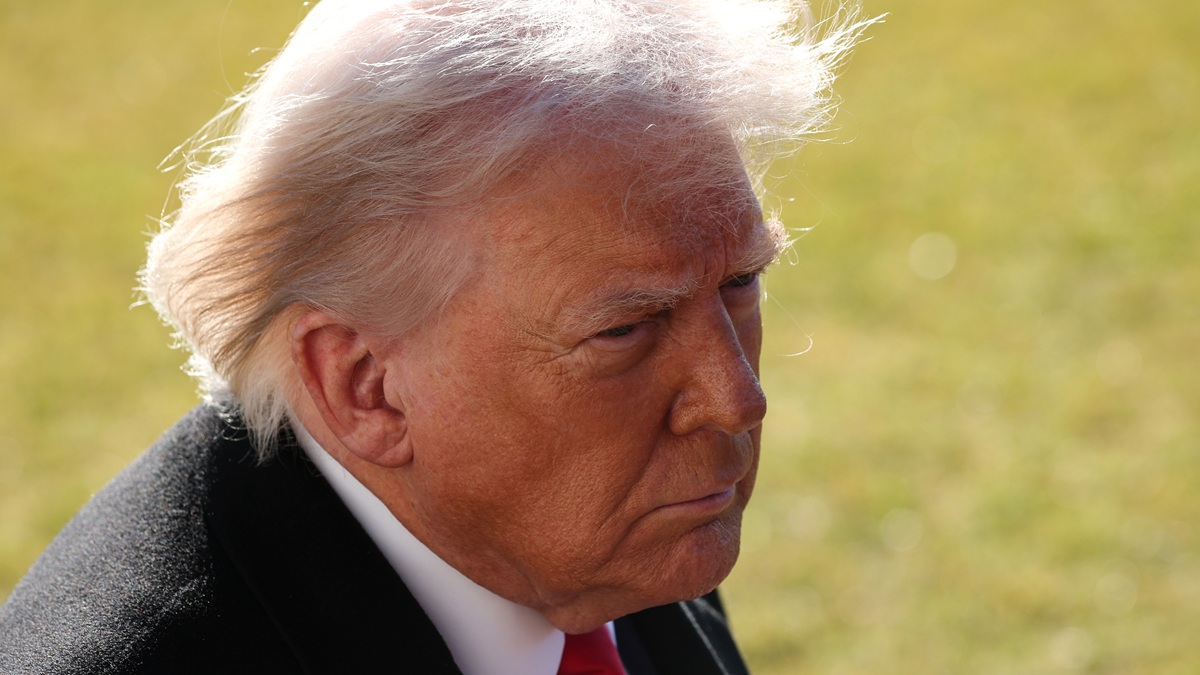
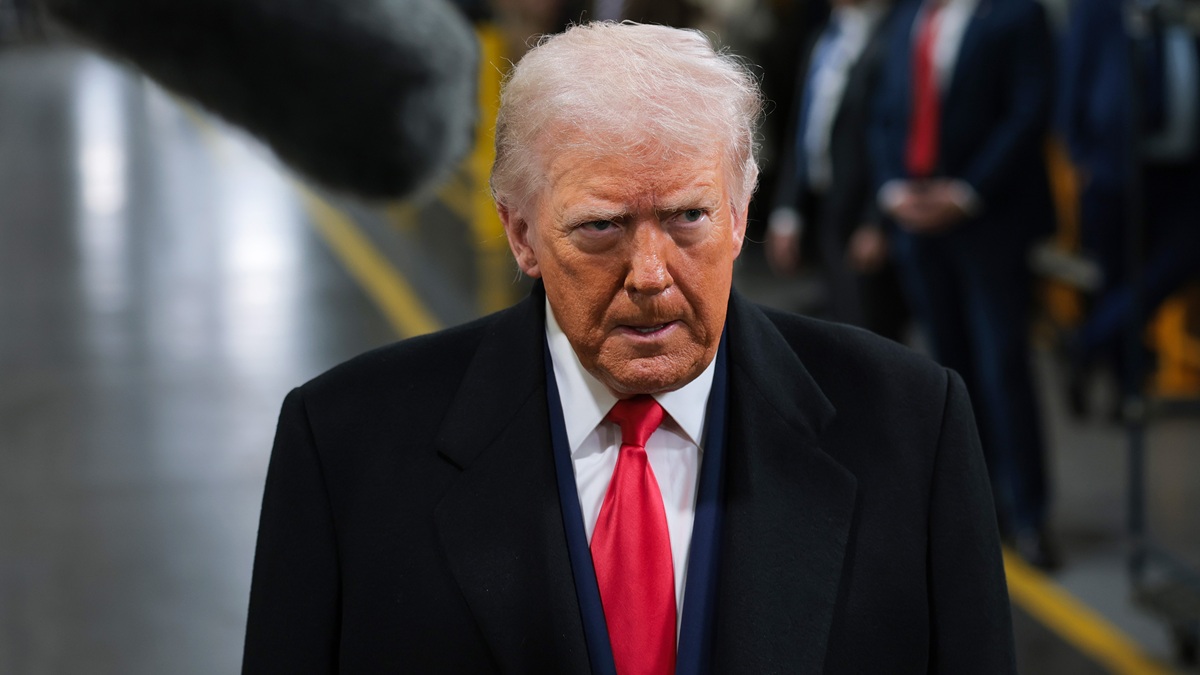

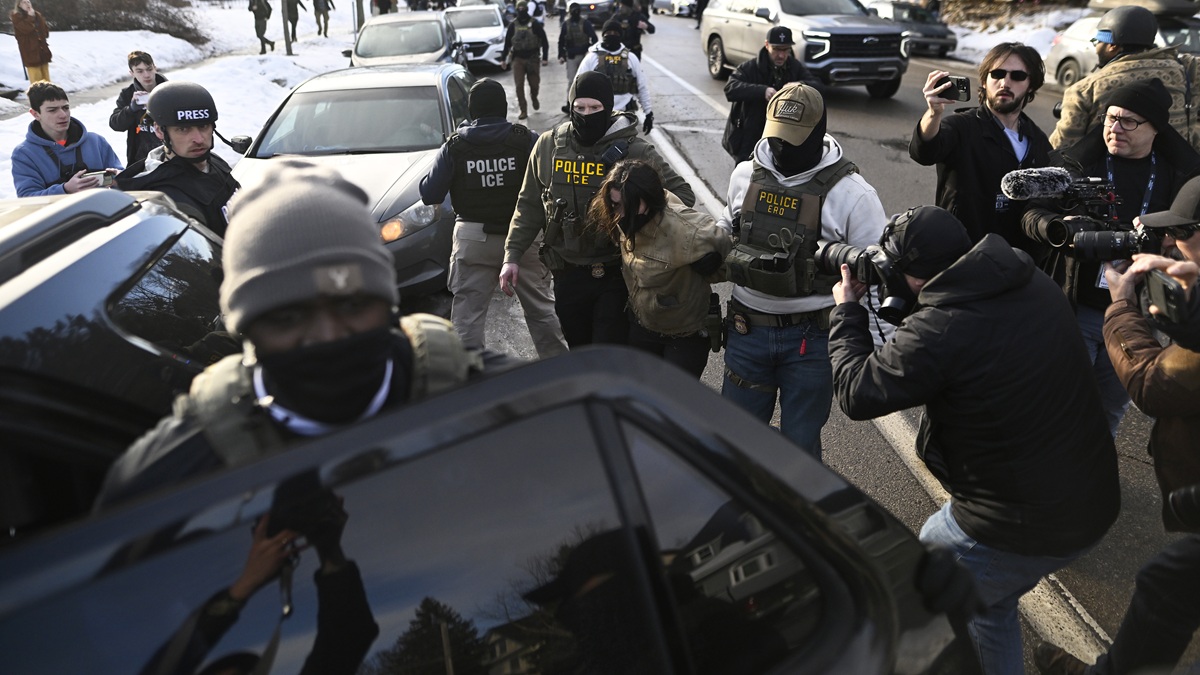
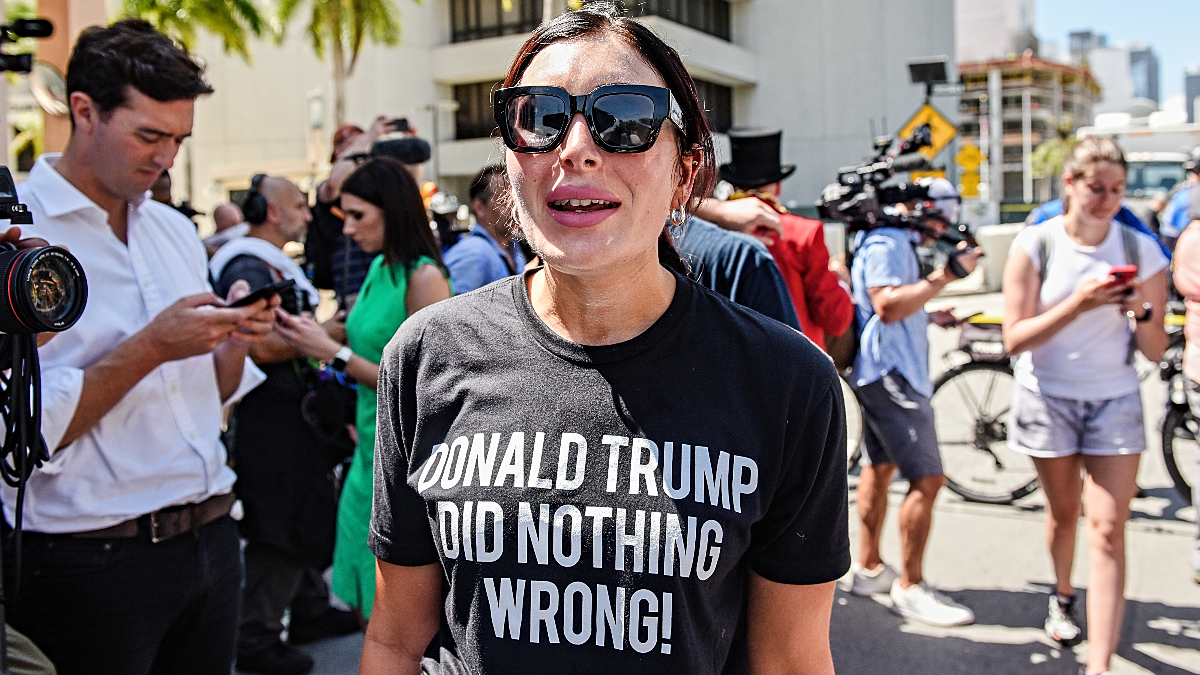
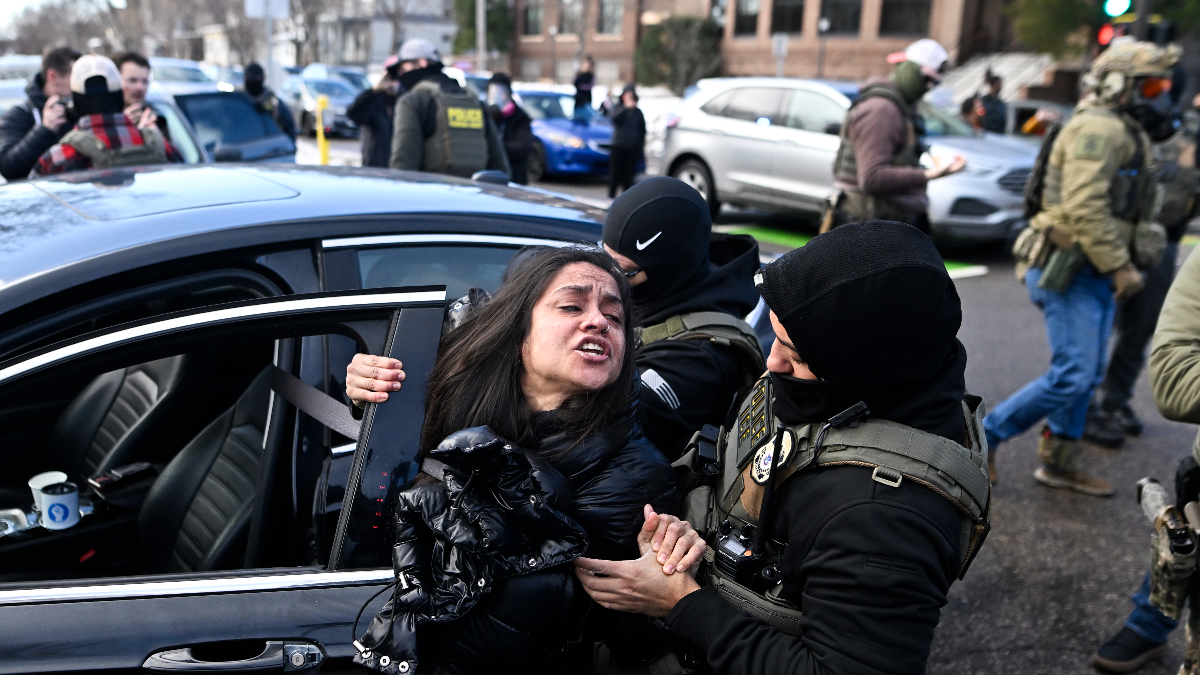
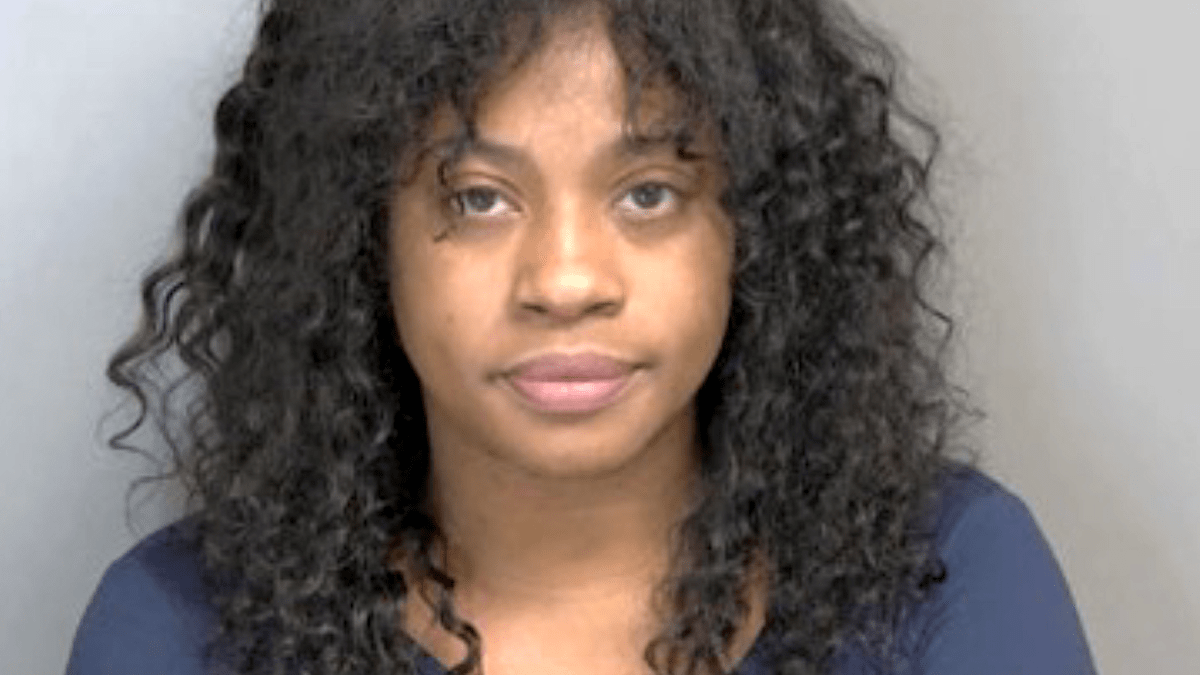
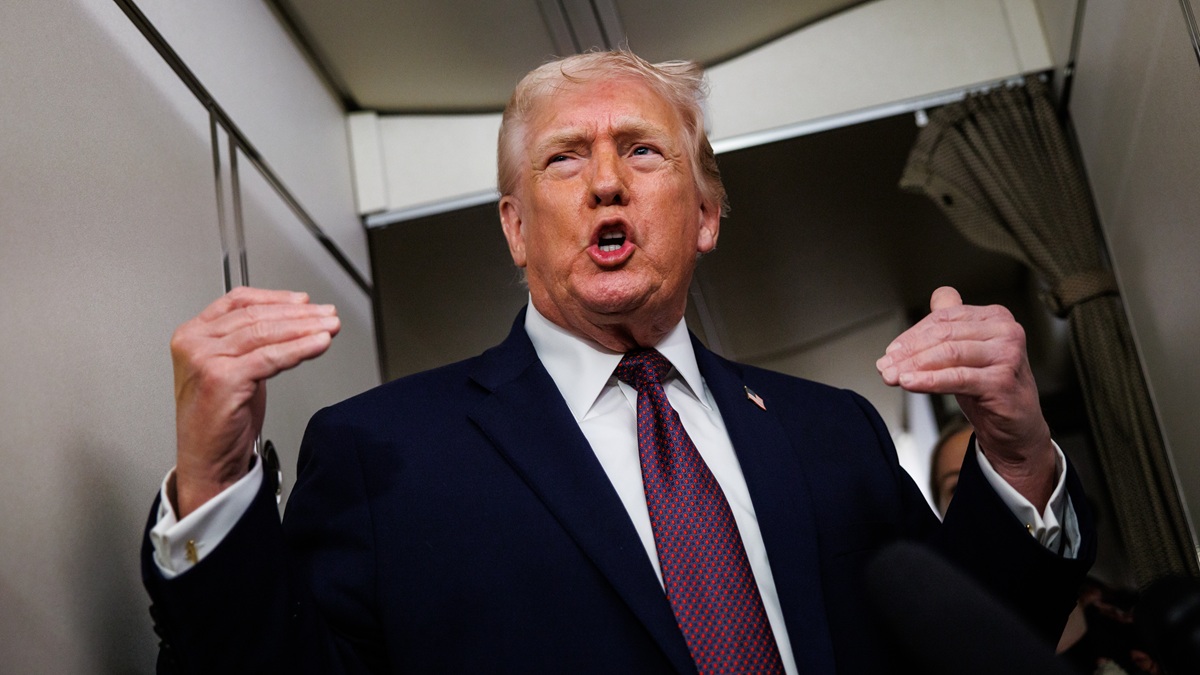
Published: Jul 17, 2016 08:23 pm